
Small Business and the City
The Transformative Potential of Small-Scale Entrepreneurship
Recommendation
Suburban shopping malls and “big-box” stores often cause vacancies in commercial buildings in downtowns and Main Street shopping districts. Now, a movement that originated in Toronto, Canada’s largest city, is countering the shift away from downtown clusters and to suburban malls. “Business Improvement Associations” (BIAs) collect a tax from their urban neighborhood’s commercial property owners to improve their areas and boost their business prospects – without direct government aid. Rafael Gomez, a professor, Andre Isakov, a park designer, and Matthew Semansky, a journalist, explain a study of urban development and decline in Canada. They emphasize the way that local businesses can respond to the threat of big suburban retail centers that deplete downtowns. They show how governments can make their jurisdictions friendlier to small businesses with the right zoning rules and support of good schools and mass transit. The authors’ conclusions apply to all modern cities around the world. getAbstract recommends their insights to business owners large and small, city planners, zoning boards, investors, entrepreneurs and citizens who are interested in preserving their neighborhoods’ “sense of place.”
Summary
About the Authors
Rafael Gomez teaches employment relations at the University of Toronto. Andre Isakov manages park planning and design for Coquitlam, British Columbia. Matthew Semansky has written for several publications, including the National Post and the Halifax Chronicle Herald.









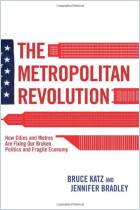
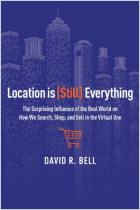
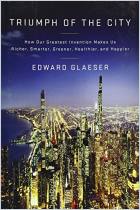

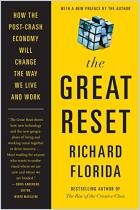
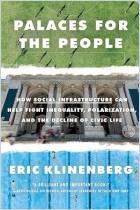







Comment on this summary or 开始讨论